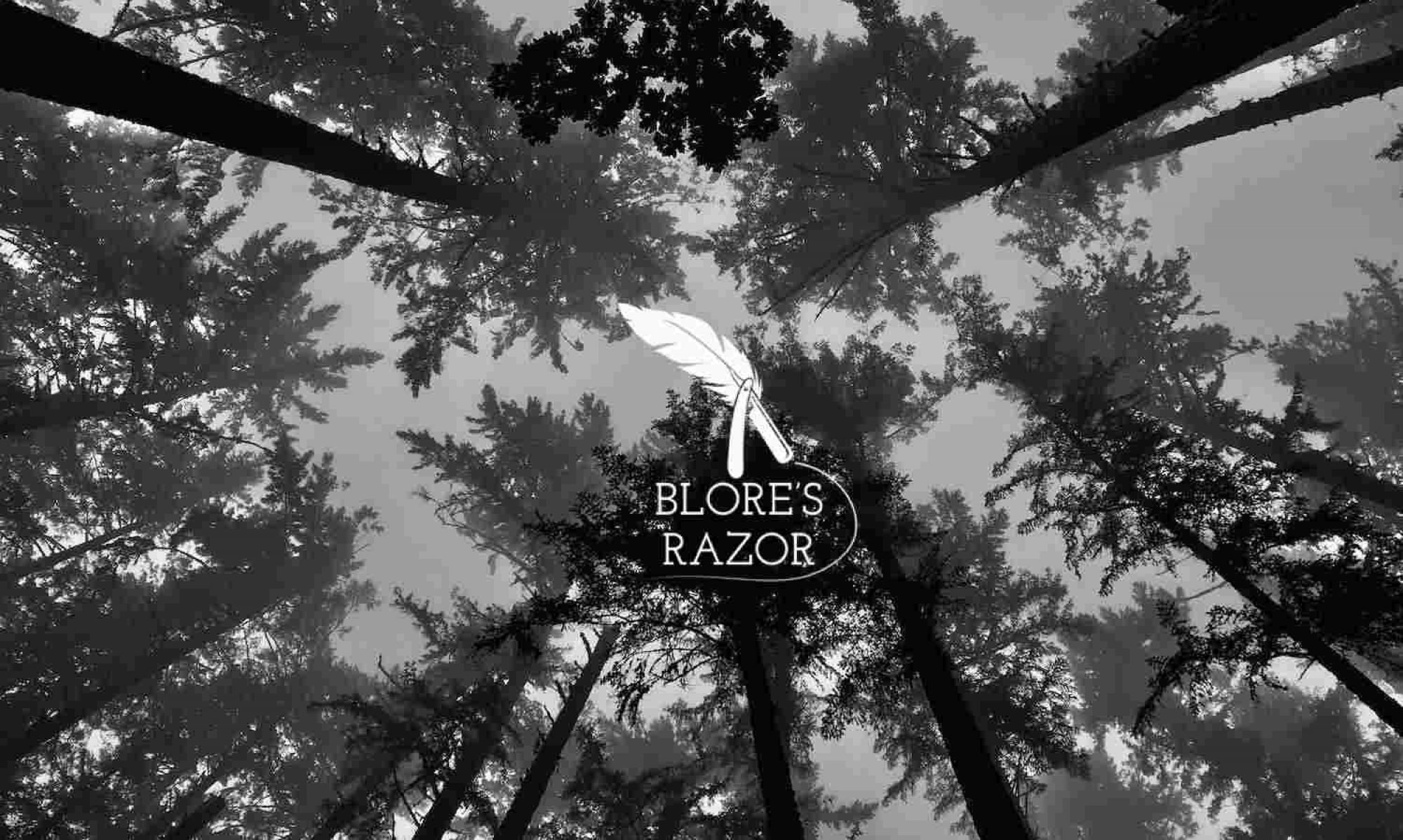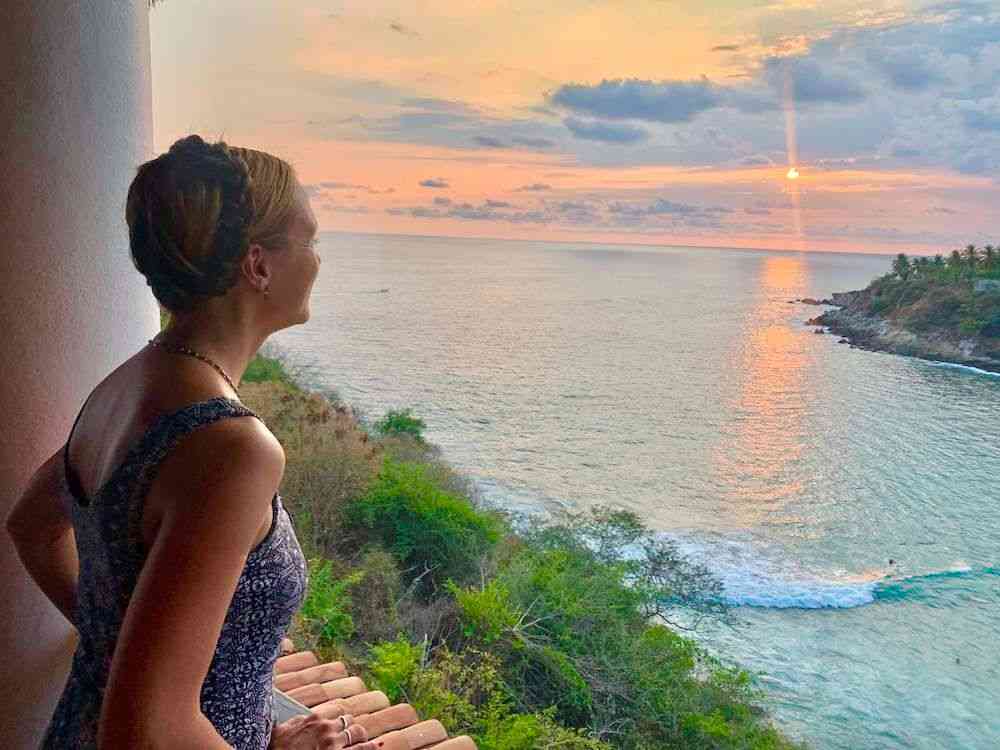When I traveled to Oaxaca last year, I met man named Armando. Like me, he was visiting Puerto Escondido and dining alone at Almoraduz, one of the best restaurants in town. He’d been working in Humboldt County on a farm for several years, was a photographer, and was very in touch with the earth.
Armando and I hit it off immediately. He asked me a question I’ll never forget: How would the world have developed differently if colonialists had embraced the knowledge of the natives rather than seizing their land, pillaging their communities, and slaughtering them? What wisdom and cultures have been lost to greed throughout history? And how would the world look today if our ancestors had all worked together?
This question is especially haunting for an American. Our thriving economy—perhaps more than any other—was built on the backs of slaves who were stolen from their ancestral lands and brought here by force. Without the theft of people from Africa, the theft of land from Native Americans, and the theft of resources from all over the world (usually under the guise of “development” or “protection”), the United States wouldn’t exist.
I think about Armando’s question often and I have a related one: How would the U.S. be improved if we all embraced and respected differences rather than fearing or suppressing them?
To me, this is the root of so much violence and injustice. Whether it’s different skin colors, cultures, religions, genders, abilities, political leanings, or sexual proclivities, the knee-jerk reaction is fear. If everyone could develop a healthy curiosity for difference rather than seeking to establish a hierarchy, we’d all be better off.
I’ve heard the tired argument that countries with strong social safety nets (e.g., Sweden) only succeed because of their homogenous populations. Why would trivial cultural or phenotypical differences be more impactful than the common desires of humanity? The desire for connection, for love, for acceptance, for dignity, for meaning and purpose?
Just like our genetics, we share so much more than what differentiates us. Arguments to the contrary are deployed to dehumanize other groups and justify cruel or selfish behavior.
The need to dominate, discriminate, and oppress is childish. Stealing land and resources, opposing feminism and LGBTQIA+ rights, banning Muslims, and so many other modern American realities are the work of inordinately powerful man-babies, not informed citizens. There’s no justification for any of this. It’s rooted in ignorance—and there’s a better way.
The United States is special because you can look into the face of any person here and see the face of the world: the full gamut of humanity’s features are here in our mixed society, and that’s something to cherish. There’s no reason to fear or suppress those differences.
If dumb cruel schoolchildren ran the country, it would look a lot like the modern Republican Party’s leadership: exclusionary, dishonest, conniving, change-averse, and terrified. The biggest man-baby of them all, Donald Trump, is still the most powerful GOP leader and holds the party’s nuts within his tiny fist!
There’s nothing natural about a fear of difference. In fact, the nice kids—the ones who haven’t yet learned their prejudices—approach novelty with curiosity and kindness. Why can’t the most powerful Americans be this way: benevolent, inquisitive, and non-judgmental?
One large problem is the misuse of American Christian doctrines. I know there are some good Christians out there, but so many sham justifications for hate and exclusion are rooted in this belief system, especially these days with white supremacist groups, the anti-trans movement, and even American imperialism. Many of these fringe ideologies misuse Christian tenets to justify their hateful beliefs.
Who cares if someone identifies as another gender than the one on their birth certificate? Who cares what color a person’s skin is? Who cares whether a person likes men, women, both, or neither? What bearing does any of this have on another person’s life? How much violence stems from our intolerance? And what energy is lost fighting differences? How could all of this energy be better spent?
Although we’ll never know how the world would look if colonialists hadn’t felt the need to steal, dominate, and kill, we can choose to make our country and our modern global society better than that of our ancestors.
Let people be themselves. Approach differences with openness rather than aversion. Audre Lorde, a brilliant social theorist, poet, and Black lesbian, put it this way: “It is not our differences that divide us. It is our inability to recognize, accept, and celebrate those differences…In our work and in our living, we must recognize that difference is a reason for celebration and growth, rather than a reason for destruction.”
I’m so damn proud to be an American because we have people and cultures from all over the planet. This diversity of beliefs, religions, languages, and ethnic backgrounds comprise our unique strength—and once we realize that, we’ll not only be in prosperity, but also at peace.

